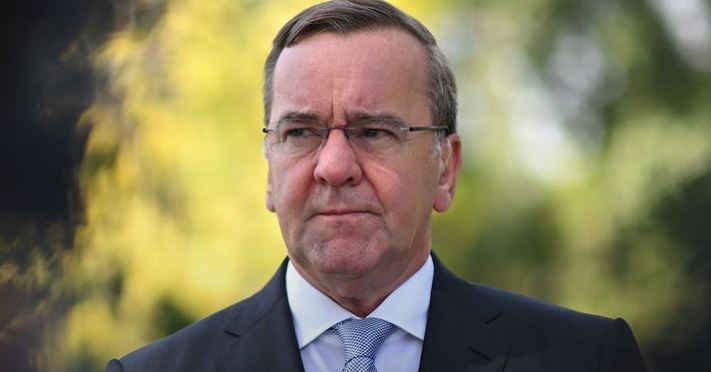The arrest of prominent Russian nationalist Igor Girkin for extremism points to shifting power dynamics among Kremlin factions and notable divides within Russia’s security services, according to a report by the Institute for the Study of War (ISW).
Girkin, a former Russian intelligence officer and nationalist firebrand, was charged last week for his vocal criticism of Russia’s military leadership over the Ukraine war. ISW assesses Girkin likely had backing from an unnamed Kremlin silovik, possibly in the FSB intelligence service where he previously served.
Documents from Girkin’s lawyer suggest FSB officials initiated his case, indicating possible factionalism. ISW says involvement of specific FSB departments may reflect infighting or efforts by officials to undermine Girkin after a shift in Kremlin politics.
Girkin recently claimed Wagner Group head Yevgeny Prigozhin’s aborted coup in June boosted anti-FSB factions in the Kremlin. The arrest of other nationalist bloggers with security service ties also hints at officials attempting to weaken these organs’ reputations.
Girkin’s nationalist allies have portrayed him as a persecuted “patriot” and plan a public campaign for his release as a “political prisoner.” But this effort so far appears limited to Girkin’s marginal group, with little outrage among wider nationalist circles.
Per ISW, the varied reactions point to growing fragmentation among Russian ultra-nationalists along factional lines. Girkin’s arrest is unlikely to provoke major backlash but rather excise a hostile segment of nationalists. The Kremlin seems to view certain vocal critics as threatening after the Wagner challenge.
Related:
- Igor Girkin, former warlord of Russia’s proxy forces in occupied Donetsk Oblast, arrested in Russia
- Girkin’s arrest likely to “infuriate” his fellow members and Russian soldiers – UK Intelligence







